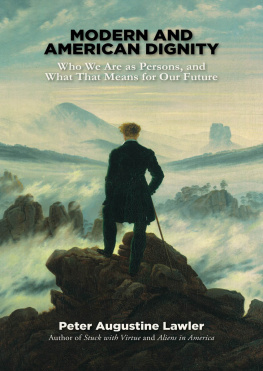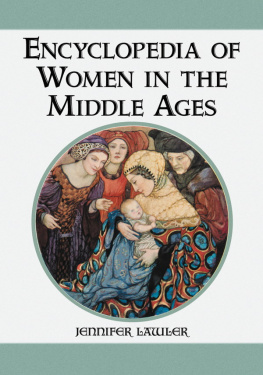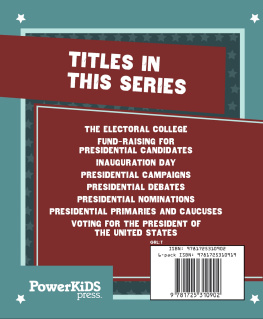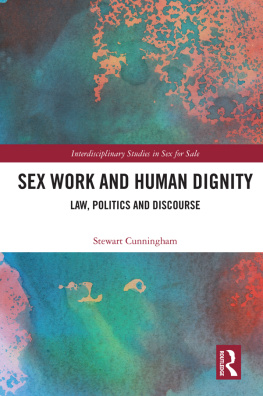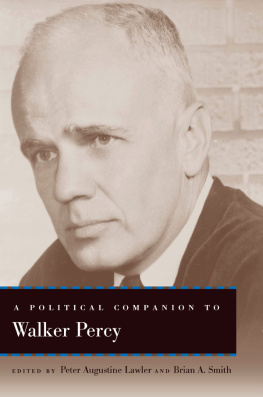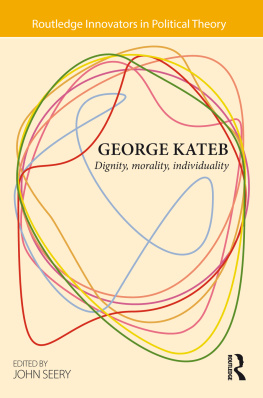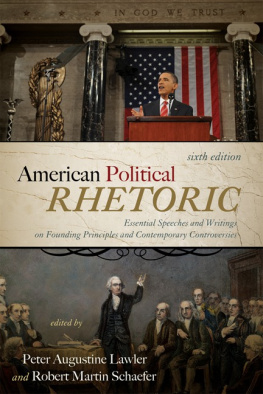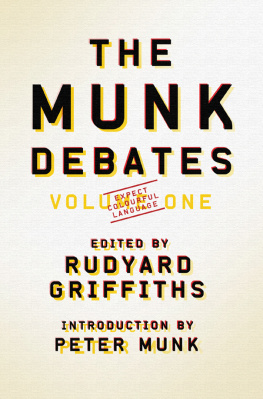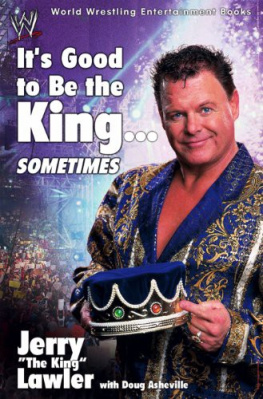RELIGION AND CONTEMPORARY CULTURE SERIES

Edited by Peter Augustine Lawler
Stuck with Virtue:
The American Individual and Our Biotechnological Future
Peter Augustine Lawler
Till We Have Built Jerusalem:
Architecture, Urbanism, and the Sacred
Philip Bess
The Future of Conservatism:
Conflict and Consensus in the Post-Reagan Era
Charles W. Dunn, ed.
A Consumers Guide to the Apocalypse:
Why There Is No Cultural War in America and Why We Will Perish Nonetheless
Eduardo Velsquez
The Skies of Babylon:
Diversity, Nihilism, and the American University
Barry Bercier
Christians as Political Animals:
Taking the Measure of Modernity and Modern Democracy
Marc D. Guerra
MODERN AND AMERICAN DIGNITY

Who We Are as Persons, and What That Means for Our Future
Peter Augustine Lawler

W ILMINGTON , D ELAWARE
All rights reserved, including without limitation the right to reproduce this ebook or any portion thereof in any form or by any means, whether electronic or mechanical, now known or hereinafter invented, without the express written permission of the publisher.
Copyright 2010 by Peter Augustine Lawler
ISBN: 978-1-4976-3636-1
Published by ISI Books
Intercollegiate Studies Institute
3901 Centerville Road
Wilmington, DE 19807-1938
www.isibooks.org

Distributed by Open Road Distribution
345 Hudson Street
New York, NY 10014
www.openroadmedia.com

CONTENTS
INTRODUCTION
The closely related essays in this book were all written during my time on President George W. Bushs Council on Bioethics. The Councilespecially when it was headed by Leon Kasswas criticized for being a sort of pseudo-Socratic debating society that aimed to illuminate or even encourage moral conflict among Americans rather than reaching consensus based on scientific truth and American principle. It was also criticized for being too worried about the effect that scientific, technological, and biotechnological progress might have on human dignity. Dignity, the criticism went, was used as a code word for stifling science and its benefits with discredited, repressive moral dogmatism. Like Socrates, the Council wasted lots of time humoring opinions that no reasonable person could regard as true.
Those, such critics claim, opposed to the destruction of embryos for research are really about slowing or stopping the scientific progress thats bound to alleviate the suffering and save the lives of millions with an unsubstantiated, nonscientific opinion about the status of the embryo. Similarly, those who want to outlaw abortion must want to impose their religious opinion about who or what a fetus is on women at the expense of the womans right to choose who she is and how she wants to live.
Those, the critics go on, who fear that biotechnological enhancement might change who we are in some undignified way are worried about nothing. Biotechnology is just the next stage of technological progress, which has already succeeded in all sorts of wonderful ways in increasing human comfort while reducing human drudgery. Does it really make sense to choose unnecessary suffering just to have an opportunity to display your dignity? Nature, without technological improvements, treats particular persons with random cruelty and undignified indifference. The more control we have over nature, the more dignified we can be. When we say dignity, these critics conclude, we do or should really mean autonomyor personal freedom from nature.
President Obama has appointed an advisory council that will offer him definitive policy guidance based on reasonable consensus; its goal is to use scientific expertise to bring conflict to an end. The president is careful to add that we must respect those who dissent from the consensus. But that doesnt mean that we allow their disagreeable opinions to influence public policy. After all, those opinions are based on religious values that Americans do not hold in common, and they often point toward policies that enforce conformity with sectarian values.
The president said in his March 24, 2009, press conference that his decision to remove limitations on federal funding on embryonic stem cell research was the right thing to do and the ethical thing to do. He added that I respect people who have different opinions, although theres no evidence that those opinions are really right or ethical. Consensus, the presidents hope is, will triumph when the experts and gifted rhetoricians work together to replace error with truth, or, in the words of Thomas Jefferson, when they successfully displace monkish [or evangelical or fundamentalist] ignorance and superstition with the light of science.
Its easy to object that it is undemocratic to have an expert group determine what our true bioethical consensus is. And surely it is offensive to some of our best citizens to be told that their moral opinions are unscientific and, therefore, illegitimate. They might respond that science doesnt provide us with sufficient guidance about who a human being is. Yet the foundation of our country depends on the real existence of rights and dignity, on the self-evidence of the truth that we are all created equally unique and irreplaceable.
Scientistsbe they neuroscientists or neo-Darwinianscharacteristically find no scientific evidence for the reality of dignified personal significance, even if some of them regard it as a most useful fiction. They have declared themselves incapable of defending the indispensable truth about who we are. They can offer a variety of hypotheses about why each of us demands personal significance, but they do not really think there is any evolutionary or neuroscientific support for the dignified I each of us claims to be. So our scientists, for example, dont really think that the proudly liberated contemporary woman is the autonomous person she claims to be. Theres no room, our scientists often think, for personal reality in an impersonal universe.
The experience of the Kass Council was also that there is actually basic disagreement about what even the scientific evidence alone suggests about who we are. That Council was, after all, composed not of religious leaders but of men and women of formidable scientific credentials in a variety of fields. On the embryo issue, Robert George of Princeton argued eloquently that the science of embryology showed beyond any reasonable doubt that the embryo had the same dignified, unique, and irreplaceable status as, say, a teenager. He argued not from revelation but with the ruthless logic of a lawyer for scientific truth. Other members, such as the famous all-around expert Francis Fukuyama (who seems unusually resistant to the charms of revealed religion), claimed that the embryo deserved more respect than a random clump of cells but less than a baby. James Q. Wilson, the preeminent American scholar in public policy, argued from sociobiology that the unborn come to deserve greater protection as they come to look more like us. Kass himself argued that we cannot know for sure that an embryo is a member of the human family, but it deserves the benefit of the doubt. The Councils prominent neuroscientist, Michael Gazzaniga, thought it is clear that what distinguished human beings were brains and hearts. So embryoshaving neithercould safely be regarded as material for research. No brain, no heart, no problem is a memorable slogan, but most members of the Council were troubled by its implications for us all.

